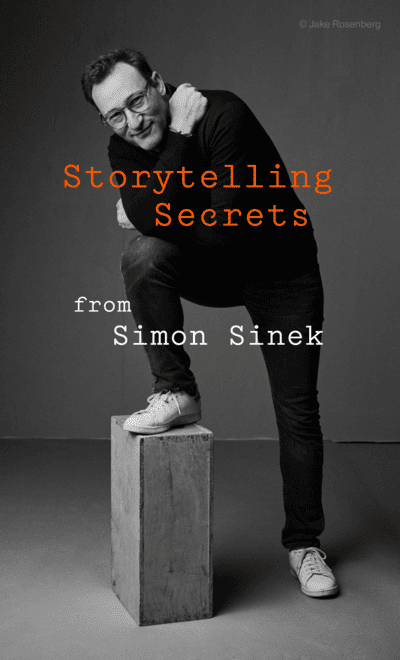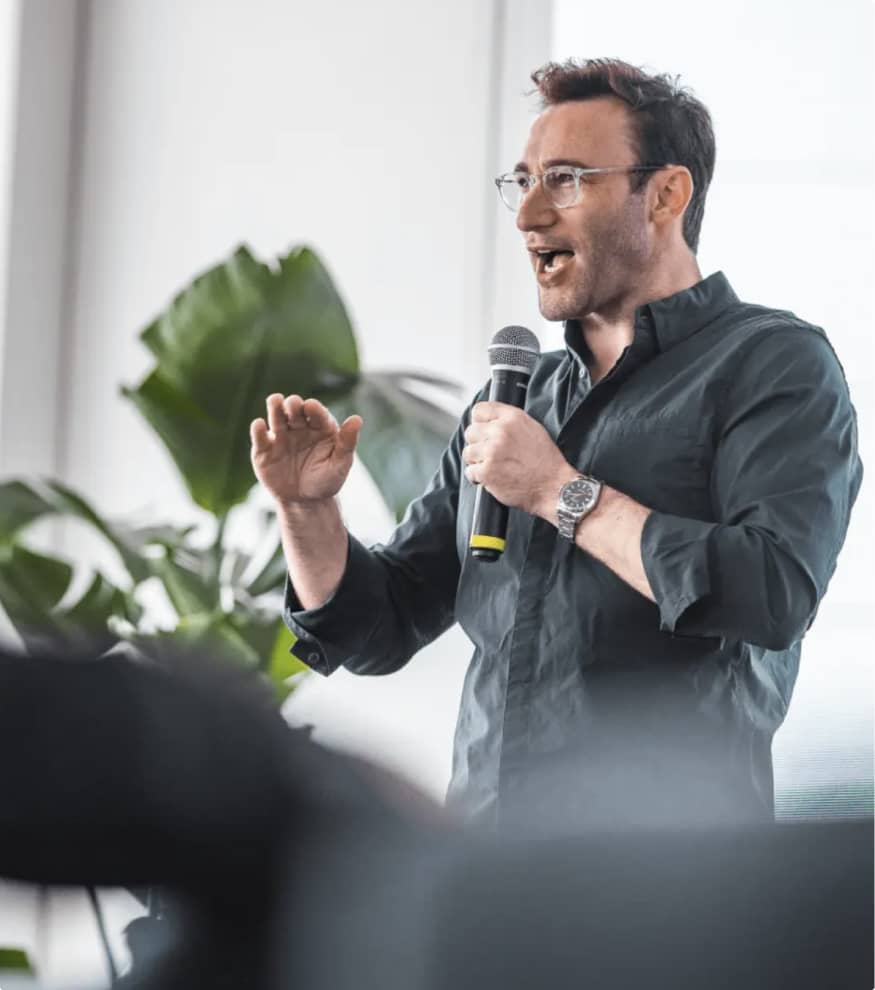If you’re an adult, it’s a fact of life that there are certain questions you get asked so often in job interviews, at parties, and on airplanes that you hardly even consider them interesting or put much thought into your response. You know, questions like “How are you?” or “Tell me about yourself” or “Where are you from?” Regardless of how you feel about conversation fillers, there’s one seemingly insignificant question we want to address, a question that we believe is actually quite important: “What do you do?”
Now, you might find it slightly irritating or somewhat exciting to have the opportunity to discuss your job. On paper, the answer should be straightforward and formulaic: “I do X at Y company.” However, if that’s all you say, you’re missing out on the chance to truly shine and build better connections.
You see, this seemingly harmless question has the potential to reveal so much more about who you are as a person. It’s an opportunity to showcase your passions, expertise, and unique contributions to the world. Instead of settling for a mundane response, why not seize this chance to captivate your audience and leave a lasting impression?
At The Optimism Company, we believe you should take a swing every time life throws you a question. Our founder and Chief Optimist, Simon Sinek, has shared his insights on how to navigate this common conversational crutch. His advice can help you transform an obligatory question into a golden opportunity.
So keep reading to discover Simon’s three rules for answering this question. And if you’re interested in elevating your communication skills at work, you’ll find classes like “Use Storytelling to Make a Greater Impact,” “The 25-Minute Guide to Better Communication,” and “How to Navigate People, Promotions, and Power Dynamics for Career Success” in our Optimism Library.
Rule #1: Don’t say what you do right away
It might sound counterintuitive, but there are few worse responses to “What do you do?” than outright saying what you do. Instead, you should start with “WHY” (one of Simon’s core tenets).
“One of the most difficult questions we ever get asked is, ‘What do you do?'” Simon says. “And we usually tell people what we do… And nobody really cares.”
Simon cited an example where he was at a social event, chatting with a friend and then, eventually, found himself face-to-face alone with his friend’s boss. Simon’s friend, however, failed to make a proper introduction—then just… walked away.
“Now, if I wasn’t starting with WHY, I’d say, ‘Hi, my name is Simon. I have a consultancy and I speak and I teach and I’m an author,’ and I’d go through all the things that I’ve done and all the people that I worked with, maybe some of my clients, all in an attempt to tell him who I am and why he should listen to me,” Simon says. “But then he would’ve pointed at the chips and said, ‘Nice to meet you,’ you know?”
Rule #2: Say WHY you do what you do
The reason simply saying the thing (or things) you do is ineffectual is because phrases like “senior marketing associate” or “VP of consulting” don’t define who you are. Your passions and your motivations do.
Take that previously mentioned instance, for example. Instead of describing what he did, Simon looked his friend’s boss in the eye and said, “I wake up every single day to inspire people to do what inspires them, and I know that your company is trying to increase the amount of customers it’s getting in one particular sector. The question is, are you inspiring people to do it? Because the only way people will give you loyalty is if you inspire them to do so. So I teach leaders and organizations how to inspire people.'”
Simon didn’t get into the details about his day-to-day work. He didn’t drop names or roll out a client list. He simply spoke about his WHY. Ultimately, Simon walked away with a new business card for the rolodex, and a plan to talk details later.
Rule #3: Once you’ve established your WHY, you can move to the WHATs and HOWs
“Don’t forget, a WHY doesn’t close the deal. It just opens it. It allows people in. It gets context,” Simon says. “All of these things need to work together: why you do what you do, how you do things, and what you do.”
This is all part of Simon’s “Golden Circle.” Learning to start with WHY is especially crucial in business settings, whether you’re interviewing for a new job or pitching your services to a potential client. Simon shared that he regularly receives messages from individuals who have embraced starting with WHY. These individuals tend to secure the positions they interview for, not solely because of their accomplishments, but because they wholeheartedly explain why they do what they do.
“I don’t, for one second, believe that the WHY is more important than any of the other pieces,” Simon emphasizes. “It’s just the place we have to start, and it’s also the place we so often forget to include.”










